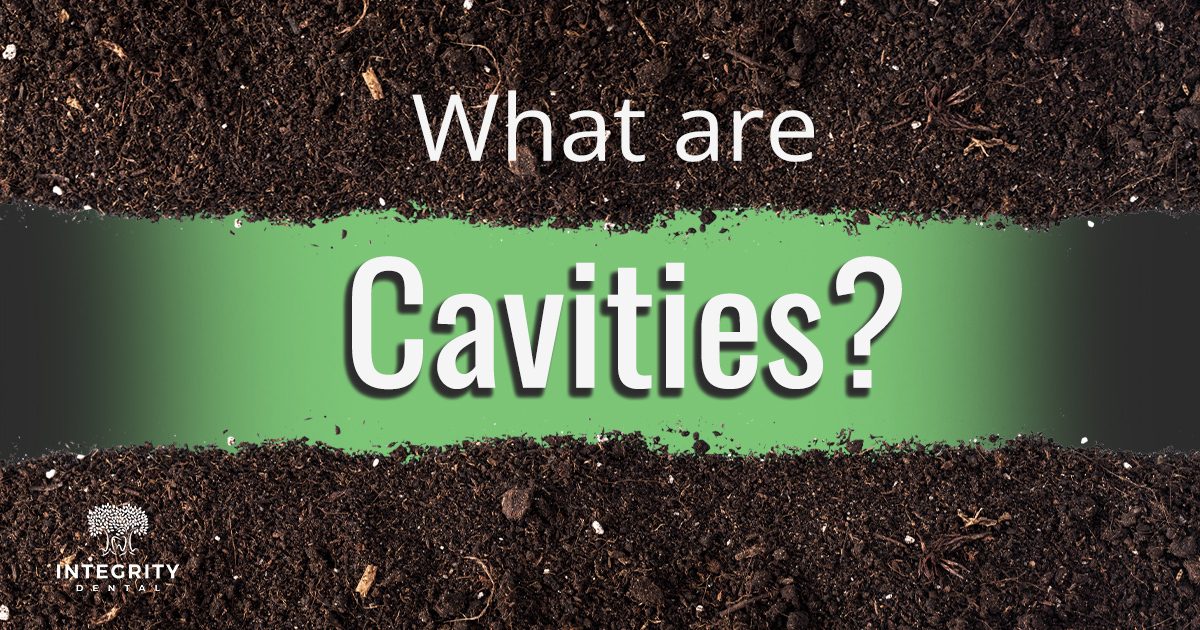What Do You Really Know About Cavities?
When you visit our office for an oral hygiene examination, there are certain problems we are looking for when we clean and check your teeth. We look for serious conditions, such as gum disease and oral cancer, as well as signs of decay or cavities. You may already know the term “cavity”, but do you really understand what it means and how it is caused? Read on to learn more about cavities and what can happen if they are not treated in a timely fashion.
What are Cavities?
When a patient visits our office for a hygiene examination, the first question is always whether we have spotted a cavity. A cavity is the result of dental decay. It happens when plaque and bacteria build up and turn into acid that eats away at the surface of the tooth. Cavities can be prevented by limiting or eliminating sticky foods and sweets and maintaining a suitable oral hygiene routine at home that includes brushing thoroughly and using dental floss daily.
What Happens if a Cavity Goes Untreated?
Unfortunately, dental problems do not heal on their own. They will continue to worsen until you receive treatment. When we first notice a cavity, we will recommend a filling. If you don’t get the filling as soon as possible, you are risking that the cavity will continue to grow. When we initially spot a cavity, it is typically in the outer covering of the tooth, known as the enamel. The larger the cavity becomes, the deeper inside the tooth it will penetrate, until it finally reaches the pulp. Once the pulp is involved, we will need to perform a root canal. If the infection and decay are too severe, we extract the tooth, which means you will need a replacement tooth to fill in the gap left behind.
If you need an oral hygiene examination or we have recommended a filling or other treatment that you need to schedule, be sure to contact our office in Wellington, FL. We want to help you achieve optimal oral health! See you soon!








